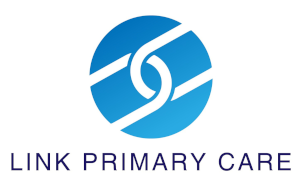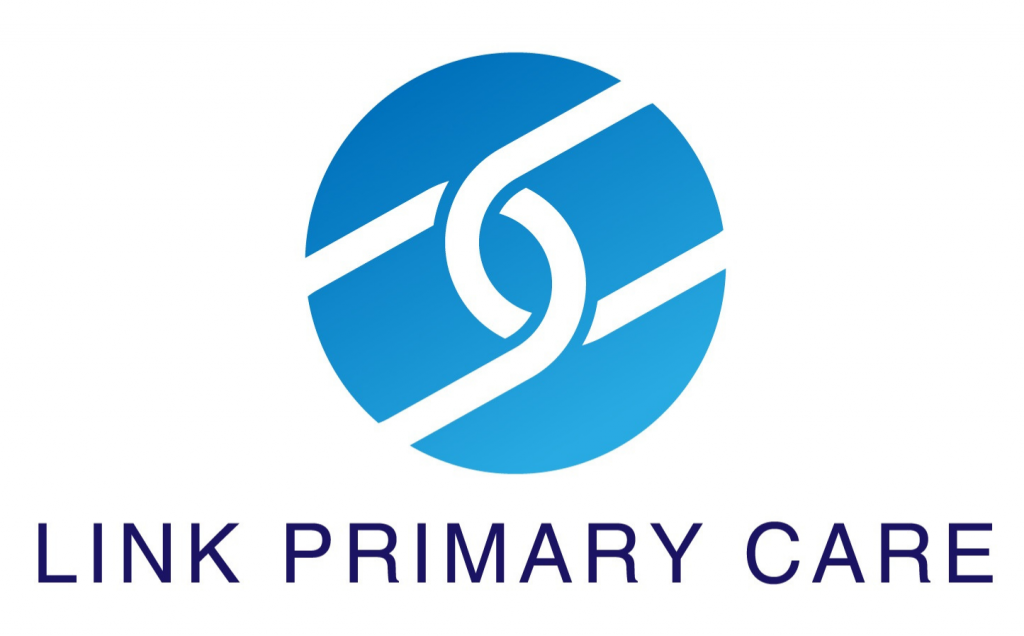Shingles, a viral infection caused by the varicella-zoster virus, is often painful and uncomfortable. The same virus causes chickenpox, and those who’ve had chickenpox are at risk of developing shingles later in life. Shingles can lead to complications, particularly for older adults and people with weakened immune systems.
This guide offers effective strategies to prevent and treat shingles.
For more complete information about shingles, check out the following link to the CDC website:
https://www.cdc.gov/shingles/index.html
What Is Shingles?
Shingles is a viral infection that causes a painful skin rash. The rash typically appears in a single stripe on one side of the body but can spread further in severe cases.
Who’s at Risk for Shingles?
Anyone who’s had chickenpox is at risk, but shingles mainly affects older adults. The CDC reports that one in three people will develop shingles.
Shingles vs. Chickenpox
Unlike chickenpox, shingles can reappear multiple times. Shingles can also spread to those who haven’t had chickenpox.
Causes and Symptoms of Shingles
The primary cause of shingles is the varicella-zoster virus reactivating after lying dormant in the body.
Shingles Symptoms
- Pain or tingling in the affected area
- A red rash that follows the pain
- Blisters that can crust over
- Sensitivity to touch and itching
- Fever, headache, or fatigue
Why Does Shingles Reactivate?
Factors that can trigger the virus include stress, aging, and immune system suppression. Conditions like cancer, diabetes, or HIV also increase the risk.
Preventing Shingles
Shingles prevention largely involves vaccination and healthy lifestyle habits.
Get Vaccinated
The shingles vaccine (Shingrix) significantly reduces the chance of shingles. The CDC recommends it for adults over 50 and those with weakened immune systems.
Why Vaccination Matters
The vaccine offers more than 90% protection against shingles. Getting vaccinated reduces your risk of shingles and its complications, such as postherpetic neuralgia (PHN).
Manage Stress Levels
Chronic stress can weaken the immune system, which can reactivate the virus. Reducing stress strengthens immunity and lowers shingles risk.
Maintain a Balanced Diet
Eating nutritious foods promotes immune health.
- Leafy greens, which are high in vitamins C and K
- Protein sources, like lean meats and legumes
- Healthy fats, like nuts and olive oil
Get Enough Sleep
Lack of sleep weakens the immune system. Aim for 7-8 hours each night.
Good sleep habits reduce your risk of infections, including shingles.
Regular Exercise
Exercise benefits immunity and reduces stress. Simple activities like walking or swimming work well.
Regardless of age, regular exercise can improve your health and strengthen your immune system.
Treating Shingles
While shingles can be painful, timely treatment helps ease symptoms and prevent complications.
Antiviral Medications
Starting antiviral medications within 72 hours of the rash reduces the severity and duration of shingles. These are like antibiotics for viral infections.
Common Antivirals for Shingles
- Acyclovir
- Valacyclovir
- Famciclovir
Pain Relief Options
Shingles pain can range from mild to severe. Pain relief options include over-the-counter medications and prescription-strength drugs.
- Ibuprofen or acetaminophen for mild pain
- Prescription medications for nerve pain like gabapentin
- Creams containing lidocaine for localized relief
Avoid Scratching
Scratching shingles blisters can lead to infection. Try wearing loose clothing to prevent irritation.
Long-term Effects of Shingles
Shingles may leave lasting effects, especially if left untreated.
Postherpetic Neuralgia (PHN)
PHN is chronic nerve pain that can persist long after the rash clears. PHN affects 10–20% of shingles patients and becomes more common with age. The risk of PHN increases without early treatment.
PHN Symptoms
- Constant burning or aching
- Sensitivity to touch in the affected area
- Severe pain from mild stimuli, like clothing
Vision and Hearing Complications
Shingles can lead to vision and hearing problems if the rash appears near the eyes or ears. In some cases, it can even cause permanent damage. Immediate treatment can lower the chance of these complications.
Neurological Effects
In rare cases, shingles can affect the nervous system, leading to encephalitis (brain inflammation) or meningitis.
When to Contact Your Doctor
If you suspect you have shingles, seek medical attention immediately. Early diagnosis and treatment reduce symptoms and long-term effects.
Signs You Should Call a Doctor
- Pain or rash near the eyes
- Severe pain that doesn’t respond to medication
- Rash spreading to other areas of the body
- Persistent or recurring shingles
Shingles can be uncomfortable, but early treatment makes a significant difference.
For more information about shingles, schedule a one-on-one consultation with Dr. Jeffrey Davis using the following link:
https://calendly.com/jeffreydavis-linkprimarycare/link-primary-care-meeting
Get more information on our website at linkprimarycare.com


